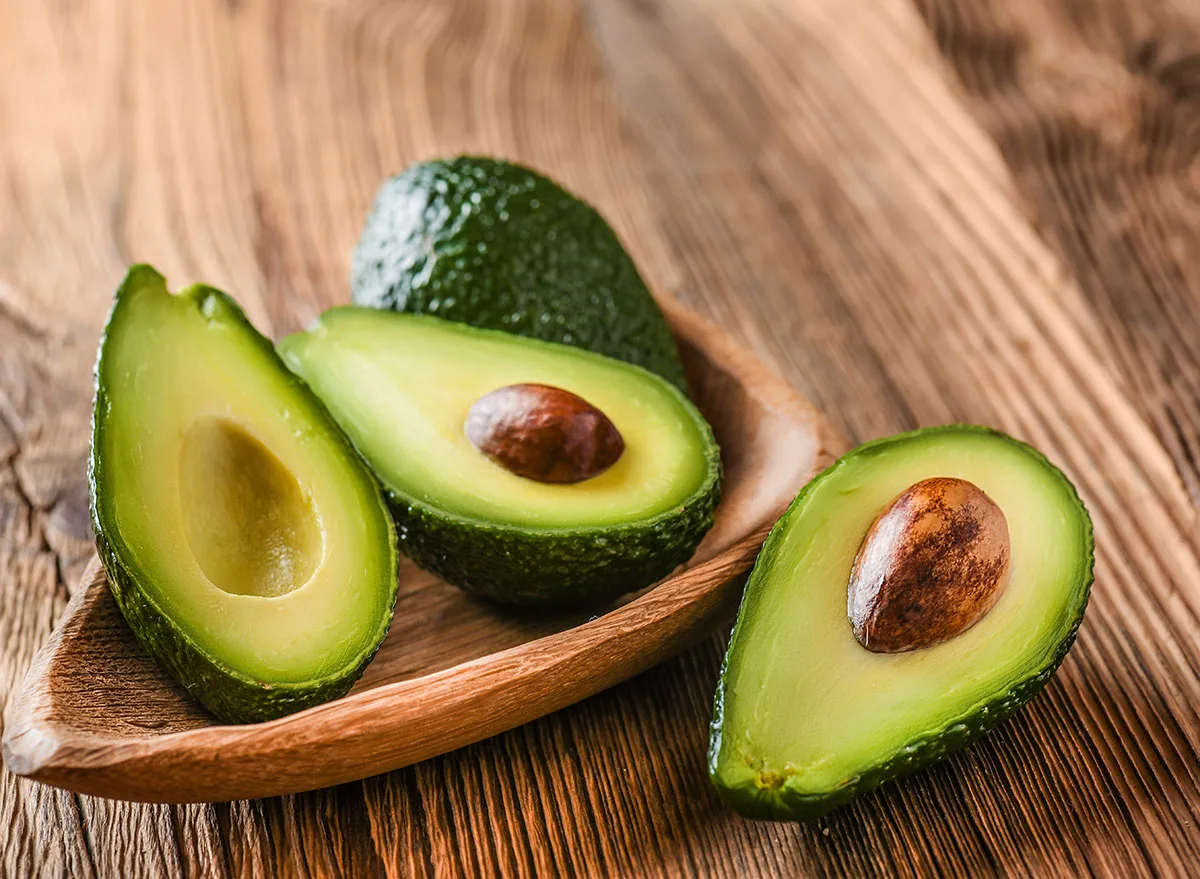



Article by: Hari Yellina
The most we can do right now, he continued, is assist the DPI in reporting any bee movements we observe. “Anyone who owns a single hive should register it with the DPI immediately. “We need to know that every single beekeeper in the area is registered if there is a spread up here in the future and they need to do surveillance activities.” Since 1991, the Donovan family has grown avocados on 300 hectares of land, mostly using the Shepard, Hass, and Lamb Hass types. On the Sunshine Coast, they have rental houses at Bellthorpe as well. The couple’s packhouse is located on the Bundaberg property, and they are well renowned for their pride in quality, dependability, and consistency.
It will be very difficult to succeed in this industry if you are not passionate about what you’re doing, according to Mr. Donovan. We moved to Bundaberg around 25 years ago, and have been there ever since. About 15 years ago, we bought the family out. Miles, 29, and Clayton, 26, the couple’s sons, are also actively involved in the company, and Mr. Donovan is happy to give the boys credit. He also highlighted the importance that good employees have on their organisation as a whole. He claimed that the addition of fresh talent “actually helps build and expand the firm and helps spread the load.”
“Having various people in key positions in the company makes a tremendous difference in terms of putting everything together successfully, which has also helped us extend out in other industries,” says the business owner. “Having a team is one of the things we emphasise; it’s not just the family and the workers; it’s the suppliers who are partners in our success,” the company says. About 100 people work for the company, which also runs the Dons Fort packhouse and grows their famous avocados and macadamias. In the Burnett catchment, ten orchards generate their avocados. According to Mr. Donovan, having vendors who comprehend the demands of the family has made a significant difference. These connections, he continued, “whether it’s chemical, nutrition, irrigation, banking, accounting, or machinery dealers, may make life so much easier.”
In Australian horticulture, the Grower of the Year Award is recognised as the top honour. Michael Coote, chief executive officer of AUSVEG, said it demonstrated the Donovans’ commitment to their industry and their hard work on behalf of the horticulture sector. The Donovan Family, a horticultural business, “become the first in the previous 12 months to be accredited through both Fair Farms and Reef Certification, both voluntary initiatives of industry organisation Growcom, proving environmental stewardship and ethical work practises,” Mr. Coote stated.
They can demonstrate best practises with regard to the management of topsoil, the use of fertiliser and pesticides, and irrigation techniques because all 10 of their avocado orchards, which are situated in the Burnett catchment of the Southern Lagoon in the Great Barrier Reef, have received certification. They have a strong commitment to the horticulture and avocado industries, as evidenced by Lachlan Donovan’s 13 years on the Australian Avocados Board and their involvement in the creation of a guide for growing perfect avocados as part of the Hort Innovation-funded project Improving market access for Australian avocados in Asia and the Middle East. Paul Luxton, the country head for Syngenta ANZ, congratulated the Donovans on winning the Syngenta Grower of the Year Award for their dedication as passionate farmers, astute businesspeople, and as stewards of the environment.
“Annaleise and Lachlan have been trailblazers in horticulture,” he added, “with the way they have worked together and paid the highest attention to detail along the way to help build the avocado business here and overseas.” We share their ambition for creating opportunities through collaborations and commend them for their concern for the environment and the land as global leaders in R&D. We’ve had the wonderful fortune to work closely with them to provide access to new technologies that have assisted them and the industry as a whole in managing diseases that would otherwise result in unacceptably high losses.”